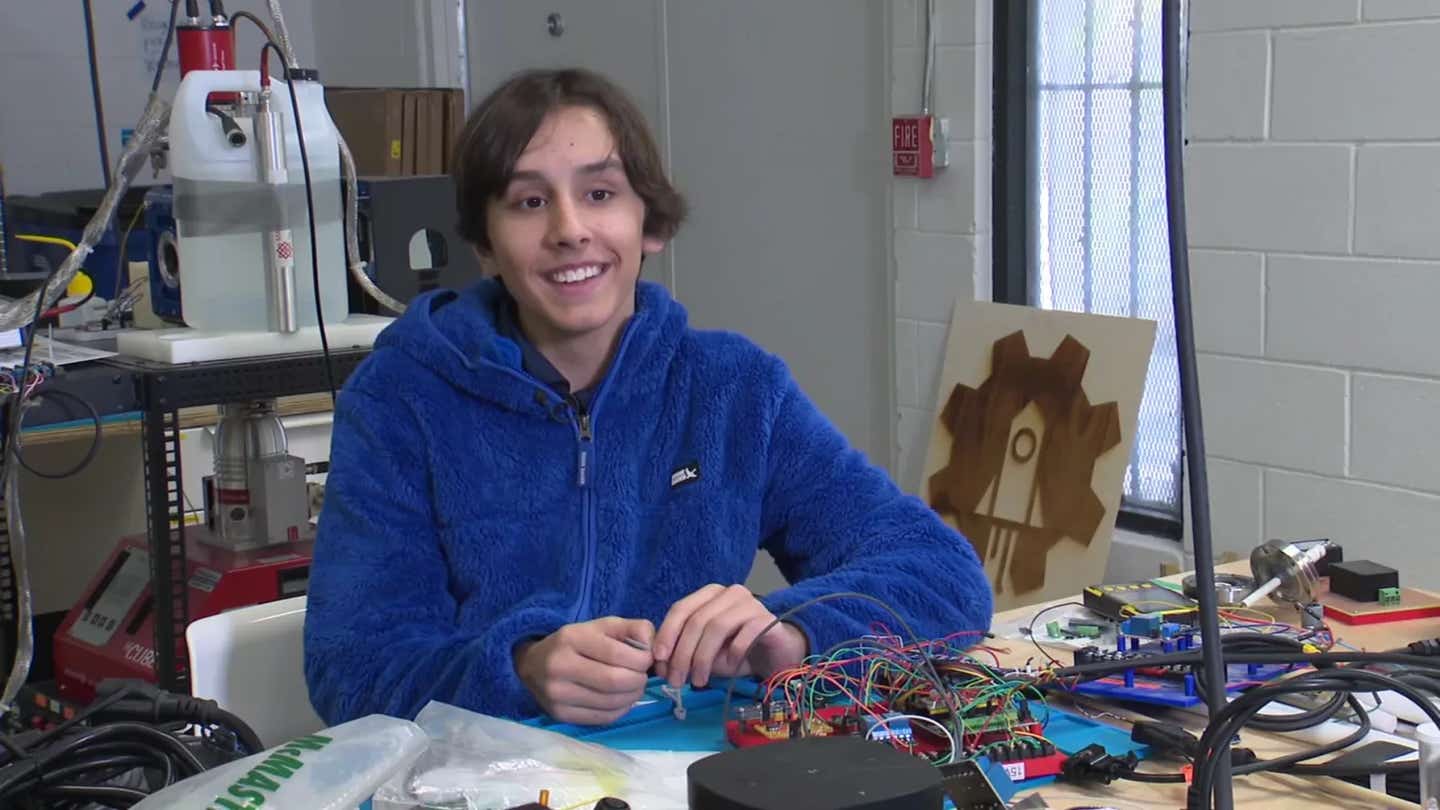New discovery could revolutionize blood cancer prevention
The new technique called PACER could help in the development of drugs to target this gene, TCL1A, which could suppress associated cancers.

[Apr.15, 2023: JD Shavit, The Brighter Side of News]
Researcher has found a new technique to measure the growth rate of precancerous clones of blood stem cells that could help doctors lower the risk of blood cancer. (CREDIT: Creative Commons)
An international coalition of biomedical researchers, led by Alexander Bick, MD, PhD, at Vanderbilt University Medical Center, has found a new technique to measure the growth rate of precancerous clones of blood stem cells that could help doctors lower the risk of blood cancer for their patients.
The findings of the study, published in the journal Nature, identified a new gene that, when activated, drives clonal expansion. According to the researchers, the new technique called PACER could help in the development of drugs to target this gene, TCL1A, which could suppress clonal growth and associated cancers.
Bick, assistant professor of Medicine in the Division of Genetic Medicine and director of the Vanderbilt Genomics and Therapeutics Clinic, and his team have contributed to more than 30 scientific papers since arriving at VUMC in 2020, revealing the mysteries of clonal growth (hematopoiesis). They have determined a new way to measure the growth rate of precancerous clones of blood stem cells by counting the number of passenger mutations.
According to the study, over 10% of older adults develop somatic (non-inherited) mutations in blood stem cells that can trigger explosive, clonal expansions of abnormal cells, which increases the risk of blood cancer and cardiovascular disease.
Related Stories
Prior to this study, scientists would measure clonal growth rate by comparing blood samples taken decades apart. This new technique can determine the growth rate from a single timepoint.
The PACER technique for determining the "passenger-approximated clonal expansion rate" was applied to more than 5,000 individuals who had acquired specific, cancer-associated driver mutations in their blood stem cells, called "clonal hematopoiesis of indeterminate potential" or CHIP, but who did not have blood cancer.
Using a genome-wide association study, the investigators looked for genetic variations associated with different clonal growth rates. To their surprise, they discovered that TCL1A, a gene that had not previously been implicated in blood stem cell biology, was a major driver of clonal expansion when activated.
Alexander Bick, MD, PhD, at Vanderbilt University Medical Center. (CREDIT: Vanderbilt University Medical Center)
The researchers also found that a commonly inherited variant of the TCL1A promoter was associated with a slower clonal expansion rate and a markedly reduced prevalence of several driver mutations in CHIP, the second step in the development of blood cancer.
Experimental studies showed that the variant suppresses gene activation. "Some people have a mutation that prevents TCL1A from being turned on, which protects them from both faster clone growth and from blood cancer," Bick said. That's what makes the gene so interesting as a potential drug target.
GWAS of PACER identifies germline determinants of clonal expansion in blood. (CREDIT: Nature)
The research, which involved more than 50 institutions across the United States, as well as Germany, Sweden, and the Netherlands, is continuing with the hope of identifying additional important pathways relevant to precancerous growth in other tissues as well as blood, added Bick.
Other VUMC co-authors were Taralyn Mack, Benjamin Shoemaker, MD, MSCI, and Dan Roden, MD. The research at VUMC is supported by National Institutes of Health grant OD029586, a Burroughs Wellcome Fund Career Award for Medical Scientists, the E.P. Evans Foundation & RUNX1 Research Program, a Pew-Stewart Scholar for Cancer Research Award, the VUMC Brock Family Endowment, and a Young Ambassador Award from the Vanderbilt-Ingram Cancer Center.
Note: Materials provided above by The Brighter Side of News. Content may be edited for style and length.
Like these kind of feel good stories? Get the Brighter Side of News' newsletter.



